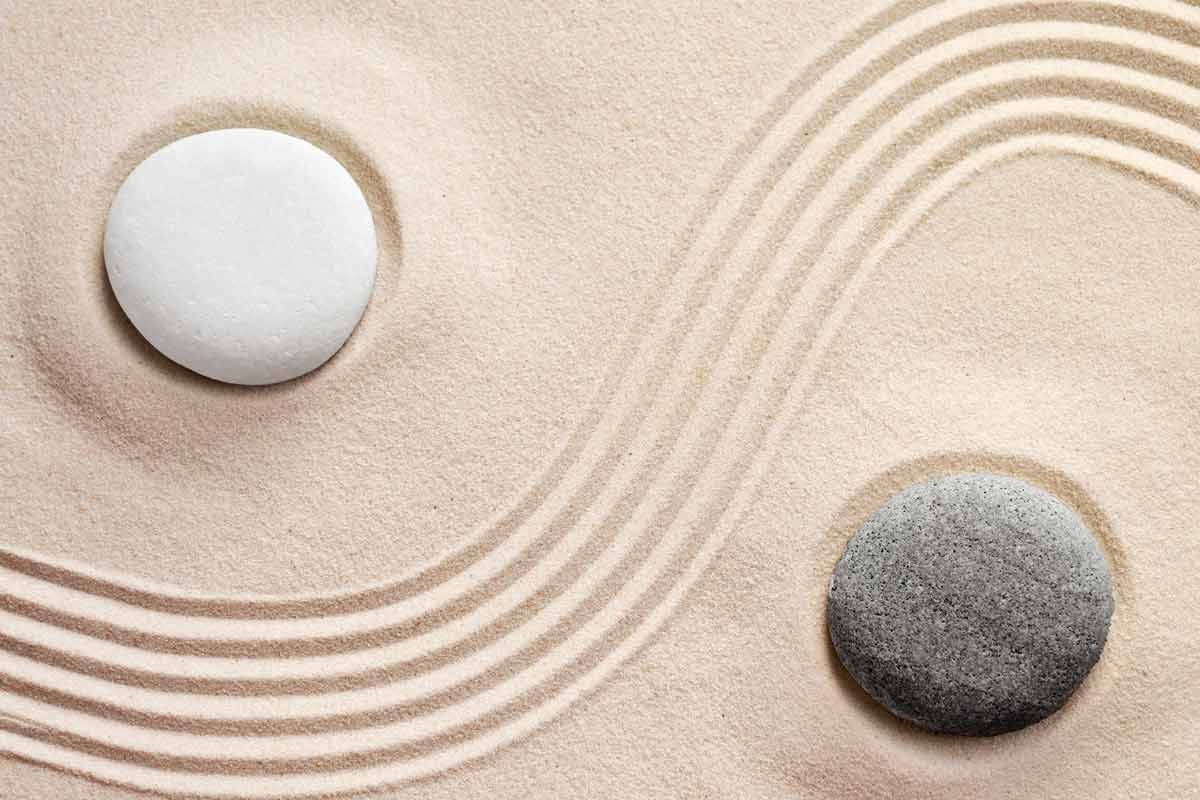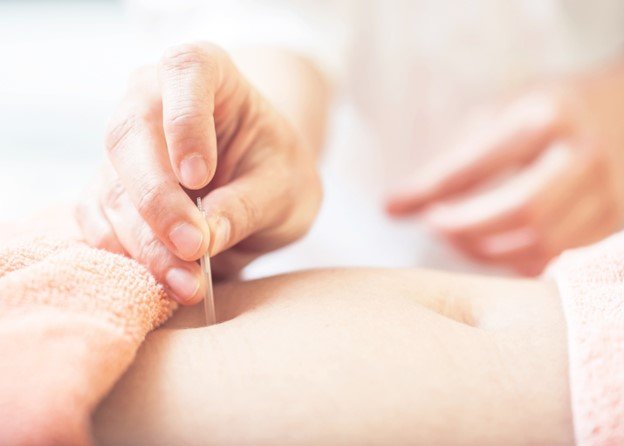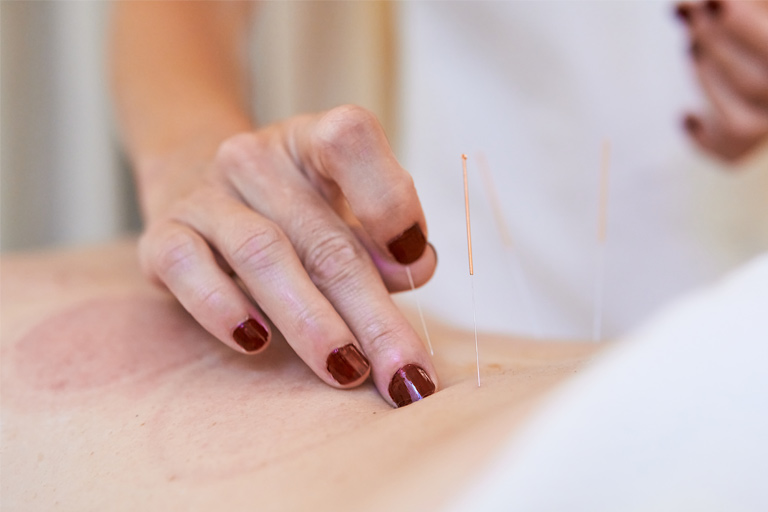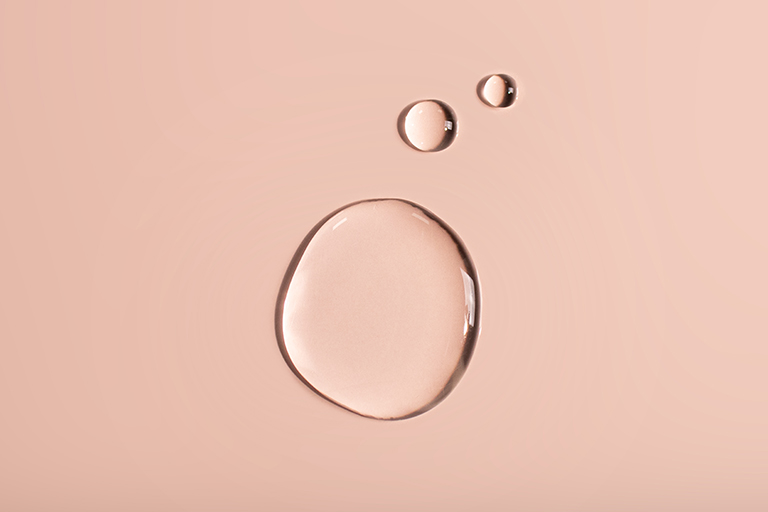What is Yin and What is its Role in Egg Quality?
Egg quality is a critical determinant of successful conception and healthy pregnancy. Optimal egg quality ensures proper fertilization, embryo development, and implantation. Traditional Chinese Medicine (TCM) offers a unique perspective on health, viewing the body as an interconnected system. Within this framework, Yin plays a fundamental role in maintaining balance and supporting reproductive function. Let’s take a deep dive into the concept of Yin and its specific influence on egg quality.
What is Yin in Traditional Chinese Medicine?
In Traditional Chinese Medicine, Yin represents the cool, moist, and passive aspects of nature and the human body. It embodies substance, nourishment, and stillness. Yin is the counterpoint to Yang, which represents heat, activity, and dynamism. These two opposing yet complementary forces are essential for maintaining balance and harmony. Yin provides the foundation for physiological processes, including those related to reproduction. It is associated with fluids, blood, and the material aspects of the body, all crucial for egg maturation and development.
Yin’s Role in Female Reproductive Health
Yin is fundamental to female reproductive health. It supports the physiological processes necessary for ovulation, menstruation, and pregnancy. When Yin is abundant and balanced, these processes function optimally.
- Nourishing Blood and Fluids: Yin nourishes the blood and fluids essential for the development of healthy follicles. Adequate blood flow, rich in nutrients, is crucial for the maturation of eggs within the ovaries. This process requires a substantial Yin foundation, ensuring the eggs are well-nourished and viable.
- Maintaining Hormonal Balance: Yin maintains the moistening and cooling environment necessary for the reproductive organs. The reproductive system requires a certain level of moisture to function properly. Yin provides this lubrication, preventing dryness and ensuring the delicate tissues of the ovaries and uterus are adequately hydrated.
- Cooling and Calming the Body: Yin supports the basal body temperature, which is essential for ovulation and implantation. A stable basal body temperature, particularly in the luteal phase, is indicative of healthy Yin. Fluctuations or consistently elevated temperatures can signal a Yin deficiency.
- Preserving Essence (Jing): Yin stores Jing, the body’s essential life force. Jing is linked to reproductive potential and longevity. Depletion of Jing, a Yin substance, can lead to premature ovarian ageing and reduced egg quality.
Yin and Egg Quality

The quality of eggs is directly influenced by the state of Yin. Sufficient Yin ensures that eggs develop properly and are capable of successful fertilization.
- Follicular Fluid Quality: Yin provides the necessary nourishment for follicular development. Follicles, which contain the developing eggs, require a rich supply of blood and nutrients. Yin supports this process by ensuring adequate blood flow and fluid balance within the ovaries.
- Egg Maturation: Yin maintains the appropriate temperature for egg maturation. Eggs require a stable and cool environment to develop properly. Yin helps regulate the temperature within the ovaries, preventing overheating that can damage the developing eggs.
- Ovarian Reserve: Yin supports the ovarian reserve, the quantity and quality of remaining eggs. Depletion of Yin can lead to a decline in ovarian reserve, resulting in fewer viable eggs.
- Egg Vitality: Yin provides the foundational energy and substance for egg vitality. Eggs with strong Yin are considered robust and more likely to fertilize successfully. Low Yin can result in weak, fragile eggs.
- Chromosomal Integrity: Yin nourishes the fundamental substances that support chromosomal integrity. Healthy Yin contributes to the stability of egg chromosomes, reducing the risk of chromosomal abnormalities.
Signs of Yin Deficiency Affecting Egg Quality
Yin deficiency can manifest in various symptoms that directly impact egg quality. Recognizing these signs is crucial for addressing underlying imbalances.
- Dryness: Dry skin, hair, and eyes indicate a lack of Yin fluids. This dryness can extend to reproductive tissues, affecting egg quality.
- Night Sweats: Night sweats are a classic sign of Yin deficiency, signifying the body’s inability to cool itself during sleep. These sweats reflect an imbalance affecting hormonal regulation.
- Low-Grade Fever or Hot Flushes: Mild, persistent fevers or hot flushes, particularly in the afternoon or evening, suggest Yin deficiency and internal heat. This heat can negatively impact ovarian function.
- Anxiety and Restlessness: Yin provides a calming effect. Deficiency can manifest as anxiety, restlessness, and difficulty sleeping. These symptoms reflect a disruption in the body’s ability to maintain equilibrium.
- Thin Endometrial Lining: A thin endometrial lining, observed during ultrasound, may indicate insufficient Yin. This lining is vital for implantation.
- Irregular Menstrual Cycles: Irregular cycles, particularly shortened or scanty periods, can indicate Yin deficiency. This reflects an imbalance in the body’s ability to regulate menstruation.
- Premature Ovarian Ageing: Early signs of diminished ovarian reserve, such as elevated FSH levels, can reflect a decline in Yin. This ageing impacts egg quantity and quality.
TCM Strategies to Nourish Yin and Improve Egg Quality

TCM offers various strategies to nourish Yin and improve egg quality. These strategies focus on restoring balance and supporting the body’s natural functions.
- Herbal Medicine: Chinese herbal formulas are not just powerful, they are tailored to individual needs, can nourish Yin and support reproductive health. Herbs like rehmannia and lycium berries are commonly used.
- Dietary Modifications: Consuming Yin-nourishing foods, such as dark leafy greens, pears, and black sesame seeds, can replenish fluids and essence. Avoiding spicy and hot foods is also crucial.
- Acupuncture: Acupuncture stimulates specific points to promote Yin flow and balance hormones. This can improve ovarian function and egg maturation.
- Stress Management: Stress depletes Yin. Techniques like meditation, yoga, and tai chi can promote relaxation and conserve Yin.
- Lifestyle Adjustments: Ensuring adequate sleep, avoiding overexertion, and maintaining a calm environment are essential for preserving Yin. These lifestyle changes support the body’s natural restorative processes.
Yin plays a crucial role in maintaining optimal egg quality and supporting female reproductive health. Addressing Yin deficiency through TCM strategies can significantly improve fertility outcomes. Balancing Yin and Yang ensures a harmonious physiological environment conducive to healthy egg development and successful conception. For those seeking personalized care and guidance, consultation with a qualified TCM practitioner is highly recommended.
White Birch Clinic offers comprehensive TCM specifically designed to bolster fertility and promote overall well-being. Contact White Birch Clinic today at (289) 837-2026 to schedule your consultation and embark on your journey towards improved reproductive health.







